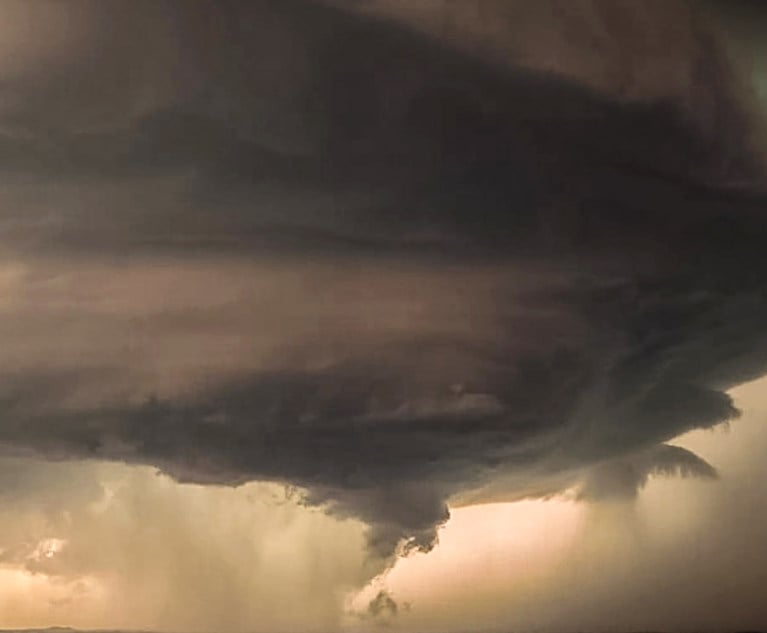 "You can read it as saying that a workers' comp injury has to be a physical harm related to an unexpected incident at work or the cause of which was unseen. If that's the case, this decision breaks the grand bargain that was struck in 1912 between Arizona workers and Arizona industry. The court doesn't seem to appreciate how destabilizing that could be," said workers' comp attorney Laura Clyme. (Credit: Big54/Adobe Stock)
"You can read it as saying that a workers' comp injury has to be a physical harm related to an unexpected incident at work or the cause of which was unseen. If that's the case, this decision breaks the grand bargain that was struck in 1912 between Arizona workers and Arizona industry. The court doesn't seem to appreciate how destabilizing that could be," said workers' comp attorney Laura Clyme. (Credit: Big54/Adobe Stock)
A 6-1 Arizona Supreme Court majority concluded that workers' compensation coverage for mental illnesses must arise from "unexpected, unusual or extraordinary stress" and that such limitations are not unconstitutional for those already employed in high-stress jobs, like first responders.
Want to continue reading?
Become a Free PropertyCasualty360 Digital Reader
Your access to unlimited PropertyCasualty360 content isn’t changing.
Once you are an ALM digital member, you’ll receive:
- All PropertyCasualty360.com news coverage, best practices, and in-depth analysis.
- Educational webcasts, resources from industry leaders, and informative newsletters.
- Other award-winning websites including BenefitsPRO.com and ThinkAdvisor.com.
Already have an account? Sign In
© 2024 ALM Global, LLC, All Rights Reserved. Request academic re-use from www.copyright.com. All other uses, submit a request to [email protected]. For more information visit Asset & Logo Licensing.








